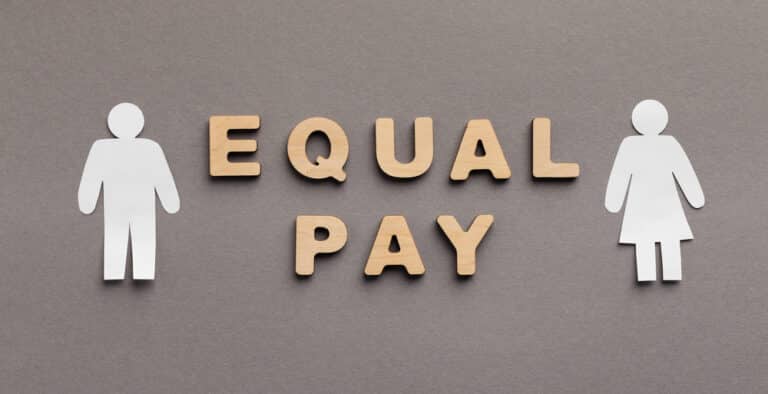If you have been “served” with a lawsuit, it typically means a person, known as a process server, came to your home or work and personally handed you a copy of the lawsuit (referred to as a “summons and complaint”). The summons and complaint puts you on notice that you have been sued, informs you that an answer must be filed within 30 days from the date of service and provides you with details about the allegations against you. An answer is your response to the complaint. If the process server made several attempts to serve you but was unsuccessful, he or she may be allowed to serve an adult who answers the door at your residence.
If you have been served, make a note of the date, time and circumstances of the service. Sometimes the process server simply leaves the documents at the front door or in the mail box. If so, you were not properly served and the 30-day deadline to respond has not started. It is critical to understand whether service was proper in order to calculate the 30-day response deadline as required by law.
Take Action Immediately: Contact Your Attorney
Do not ignore the summons and complaint. You must respond to the lawsuit and any delay can jeopardize your case. Upon being served, the defendant should promptly contact an attorney to schedule a meeting to discuss the situation. It is important to understand all of your options in order to decide what to do next. Your attorney will discuss with you the facts of the case, the strengths and weakness of the case, any potential evidence, the costs involved and strategies. Provide your attorney with supporting documents so they may evaluate the case based on the information available. All this information will help you make an informed decision on what the next steps should be in your circumstances.
If you have been sued, contact the experienced attorneys at Chauvel & Glatt to learn how they can help.
Stay tuned for the next installment in this litigation series.





